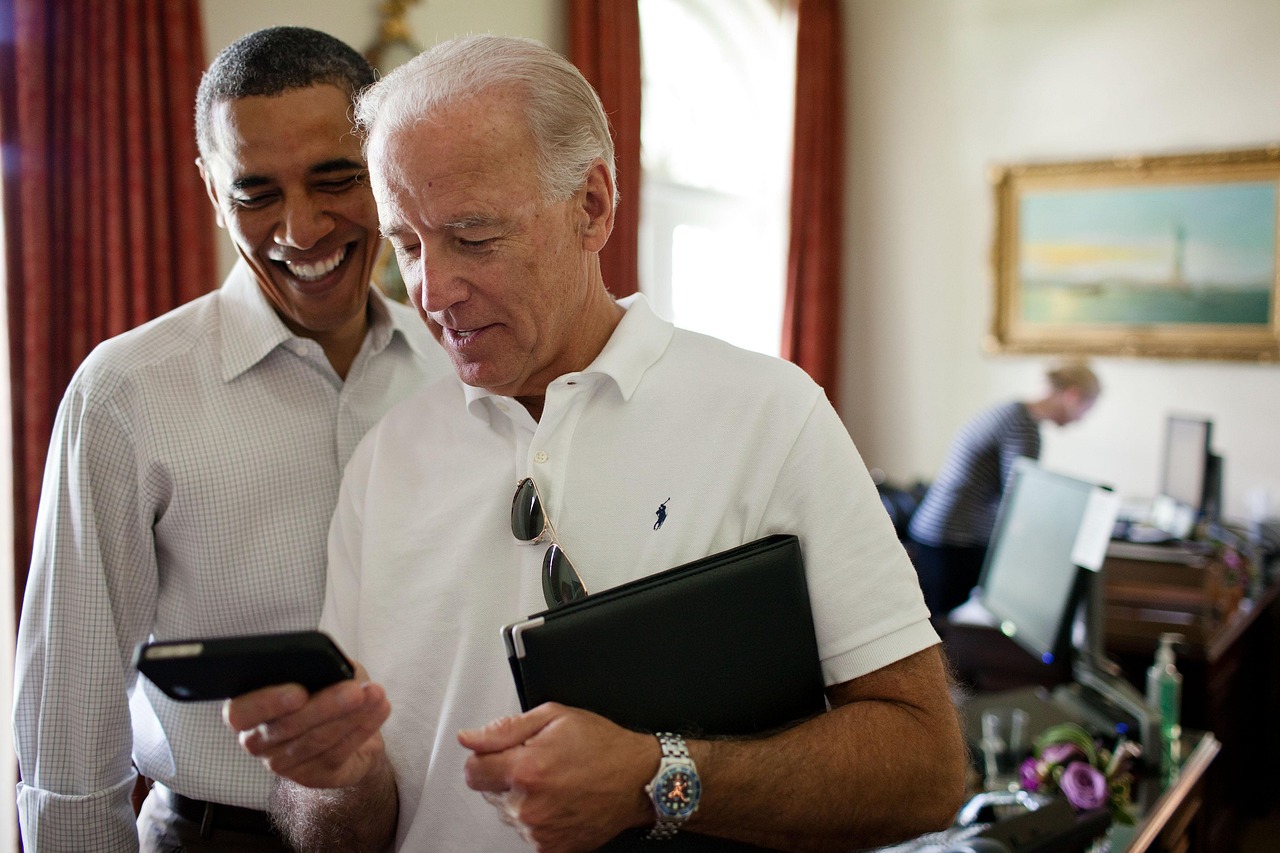America no longer shining: Immigration Realities in Modern America
Immigrants today often do not come to the U.S. because it is an ideal “shining city on the hill.” Instead, many choose America simply because it is the most convenient option available. For numerous hopeful migrants, other countries with higher living standards present obstacles of cost and danger that make America their fallback choice.
This shift challenges the long-held belief that the U.S. remains the ultimate beacon of hope and opportunity. Understanding this reality is crucial to grasping the changing dynamics of immigration and the image of America on the world stage.
America no longer shining: The Decline of American Exceptionalism
Once celebrated as a global leader and model for freedom, America now faces tough competition from at least 10 countries that surpass it in living standards. Contrary to popular myth, the U.S. does not rank in the top 10 for overall freedom and trails significantly in education and healthcare rankings.
These sobering statistics, compiled by the World Population Review, undermine the narrative of American exceptionalism and suggest a nation struggling to maintain its historical status.
America no longer shining: Denial and Its Consequences
Many Americans refuse to accept these facts, often reacting with denial when presented with evidence of the country’s slipping global rankings. This denial extends beyond statistics to deeper issues, including a reluctance to acknowledge historical and ongoing social problems.
This widespread refusal to confront reality contributes to political and social challenges, leaving the nation vulnerable to continued decline if these issues remain unaddressed.
America no longer shining: Historical Context of Denial
From its very beginnings, America has struggled with denial about its own past. The nation’s history is marred by broken treaties with Native Americans and the systematic displacement and oppression of indigenous peoples. Many Americans are unaware or unwilling to acknowledge these facts, preferring to uphold myths of heroic conquest.
The consequences of this denial are far-reaching, impacting the country’s social fabric and continuing to affect Native American communities today. Acknowledging these uncomfortable truths is a vital step toward reconciliation and healing.
America no longer shining: Slavery and Its Legacy
Despite common belief, the Civil War was not solely fought to end slavery. The subsequent end of Reconstruction allowed Jim Crow laws and segregation to take root, creating decades of systemic inequality. This legacy is evident in the persistent disparities faced by Black Americans in education, health, and economic opportunities.
Understanding the true history behind slavery’s abolition and its aftermath is crucial to addressing the ongoing challenges related to racial justice and equality in the United States.
America no longer shining: America’s Current Political Crisis
The political climate in the U.S. today reflects a deep divide fueled by denial and misinformation. The re-election of a controversial figure with a history of election denial and incitement of unrest highlights the fractured nature of American democracy.
This crisis requires honest confrontation and dialogue to restore trust and unity. Without facing the truth, the nation risks further polarization and decline.
America no longer shining: America’s Global Standing Today
The United States no longer holds the uncontested position as the world’s leading nation in quality of life or freedom. Countries like Canada and Mexico—both key trading partners—are actively trying to wake America from its denial and complacency. The global community is watching as America grapples with internal challenges and a shifting international role.
Recognizing this reality is essential for the U.S. to regain its stature and address the socio-economic problems undermining its influence.
Denial as a National Trait
Denial has become embedded in the American identity, affecting both historical consciousness and contemporary politics. This collective refusal to face inconvenient truths has allowed misinformation and destructive policies to flourish, eroding public trust and civic engagement.
Only by acknowledging past mistakes and current realities can America begin the difficult process of healing and progress.
The Role of Leadership in Facing Reality
The current administration has implemented controversial policies, from renaming geographic locations to imposing tariffs on major trading partners without clear economic rationale. These decisions exacerbate the nation’s challenges and reflect a leadership disconnected from empirical facts.
Effective leadership will require transparency, accountability, and a willingness to confront uncomfortable truths.
Balancing Change and Stability
America faces a delicate balancing act: to halt damaging policies while ensuring national stability. The success of this endeavor depends on mobilizing elected officials committed to truth and progress, while preventing further deterioration in social cohesion.
This requires a united public effort to demand accountability and inclusive governance.
The Illusion of America’s Global Supremacy
For decades, America was perceived as the “shining city on the hill,” a beacon of freedom, opportunity, and prosperity. However, recent statistics reveal a stark contrast to this image. According to the World Population Review, the U.S. no longer ranks in the top 10 for quality of life or freedom, and it trails behind many nations in education and health standards.
This growing gap between perception and reality challenges the longstanding myth and forces a reevaluation of America’s place in the world. The idea that immigrants flock to the U.S. because it is the best option is increasingly questioned, as many only come because alternative countries are less accessible or more dangerous.
Understanding this shift is crucial for addressing the underlying issues that threaten America’s leadership and reputation globally.
Historical Denial and Its Consequences
America’s history is riddled with denial about its treatment of Native Americans and enslaved Africans. The conquest of Native lands involved broken treaties and devastating disease outbreaks that decimated indigenous populations. The Civil War, often framed as a battle to end slavery, was followed by Reconstruction’s failure and the rise of Jim Crow laws, which perpetuated inequality for over a century.
Despite these facts, many Americans resist acknowledging these truths, preferring comforting narratives over harsh realities. This denial impedes progress towards racial justice and reconciliation and perpetuates systemic problems that continue to affect marginalized communities today.
Only by confronting this past honestly can the nation hope to move forward and fulfill its democratic ideals.
Political Leadership and the Culture of Denial
Recent political developments underscore the culture of denial embedded in American governance. The 2024 re-election of a controversial figure who has denied election results and fomented unrest highlights the deep divisions and misinformation pervasive in society. This leadership style undermines democratic institutions and erodes public confidence.
Moreover, executive decisions such as unwarranted tariffs and symbolic renamings distract from pressing national issues. The administration’s actions reflect a reluctance to face empirical evidence and embrace inclusive policies, further exacerbating societal fractures.
Restoring effective governance will require leaders who prioritize truth, accountability, and unity.
The Imperative for National Self-Reflection
America’s path to renewal begins with honest self-reflection. Accepting the nation’s flaws, historical misdeeds, and current challenges is painful but necessary. Avoiding denial opens opportunities for dialogue, healing, and policy reforms that address inequality and restore trust.
This process demands courage from citizens and officials alike. It also involves embracing diversity and inclusion as foundational values, moving away from exclusionary and revisionist tendencies.
Only through such collective effort can America hope to reclaim its promise and reposition itself as a respected global leader.
The Path Forward Beyond Denial
Moving beyond denial is not easy, but it is essential for America’s future. Confronting the nation’s history honestly and addressing its systemic problems can pave the way for a more just and prosperous society.
Only through collective courage and commitment can America hope to reclaim its ideals and restore its role as a global leader.

For more insights on America’s socio-political challenges, visit our latest articles on Voicemauritiusnews. Source: Face2Face Africa




